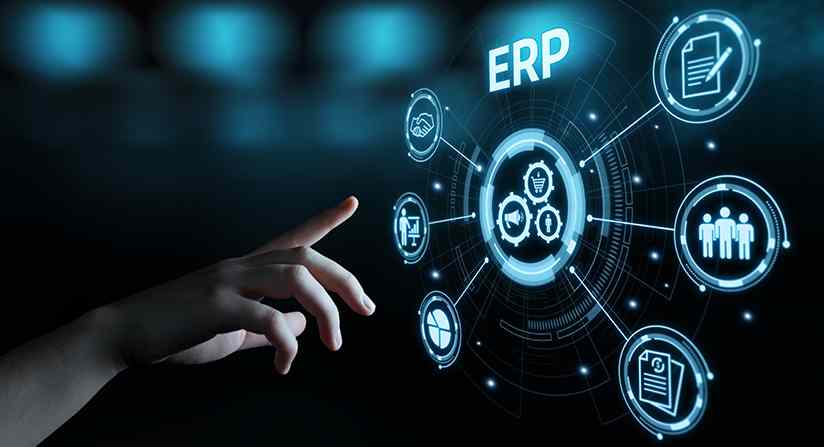ERP (Enterprise Resource Planning) software has already become almost irreplaceable in terms of managing business processes and data flows in B2B ecommerce. Such solutions provide automation options for B2B companies and B2B customers of different sizes, and integrate different processes into single environment that is much more comfortable and comprehensive to work in. Key features of ERP systems include inventory management, order handling, financial management and so on. Thus, let’s discover ERP implementation best practices that will help your business integrate or set up a solution that will ensure growth and profitability.
Cloud-Based ERP Systems
Cloud ERP solutions are not only more preferable in terms of scalability and setup costs, but also they beat their on-premises legacy competitors in terms of features and effectiveness. As for 2024, businesses should aim an adopting a cloud solution, which is especially profitable for SMBs, and avoid relying on out-dated solutions that are difficult to manage and maintain. Such solutions also provide ecommerce integration capabilities for ensuring customer satisfaction, human resource management, customer behavior tracking, inventory levels management, product catalogs, financial reporting, supply chain management, making informed decisions and many other benefits.
Integration with E-Commerce Platforms
It is clear that integrating your ERP solution with an ecommerce platform you are using opens new opportunities for business, but how precisely does it work? Well, some solutions offer native or specialized integrations with key ecommerce platforms which means the data will automatically be shared within those software tools, as well as you will be able to automate more operations, like generating delivery documents or whatsoever.
To do online business, your ERP system has to include features for managing online sales on different platforms, and the integration process should be easy for your business model.
Real-Time Data Analytics
Modern business management is impossible without using data analytics, and so called data-driven experience is no more a trend, but more like a must for companies that are aiming at becoming successful. The best option for an ERP system is to provide up-to-minute analytics with customizable dashboards and reports.
Mobile Access
If you want to follow all trends in the field of ERP best practices and ERP implementation process, you should definitely seek for a solution that has mobile app or at least user-friendly mobile access. Thus, your employees will be able to do their work almost from anywhere on the globe, which also means better accessibility in general for the entire organization.
Automated Processes
When it comes to business efficiency, nothing can help better than business processes automation. In fact, the ERP solutions were focused on automating certain business processes, and since when, such solutions have evolutionized rapidly. You should definitely look for automation solutions in your potential ERP solutions, especially when it comes to automating crucial business operations.
Data Security
Data security is the most important part when it comes to business continuity and overall prosperity of the company. You have to pay close attention to all data regarding your vendor’s security guarantees and efforts, as well as we recommend you to look for genuine reviews regarding software you are researching.
Conclusion
To end the topic, let’s state that ERP systems are must-haves when it comes to B2B ecommerce companies of any size. To choose an effective and functional ERP system, you should look for 7 main characteristics, such as: cloud computing, integration capabilities,real-time data analytics, mobile accessibility, process automation, high standards of data security. Your ERP software should be integrable with CRM (Customer Relationship Management) software, provide automation for most manual processes, offer single source of data and knowledge about customer interactions, customer experience and B2B business processes and help you to make data-driven decisions.

